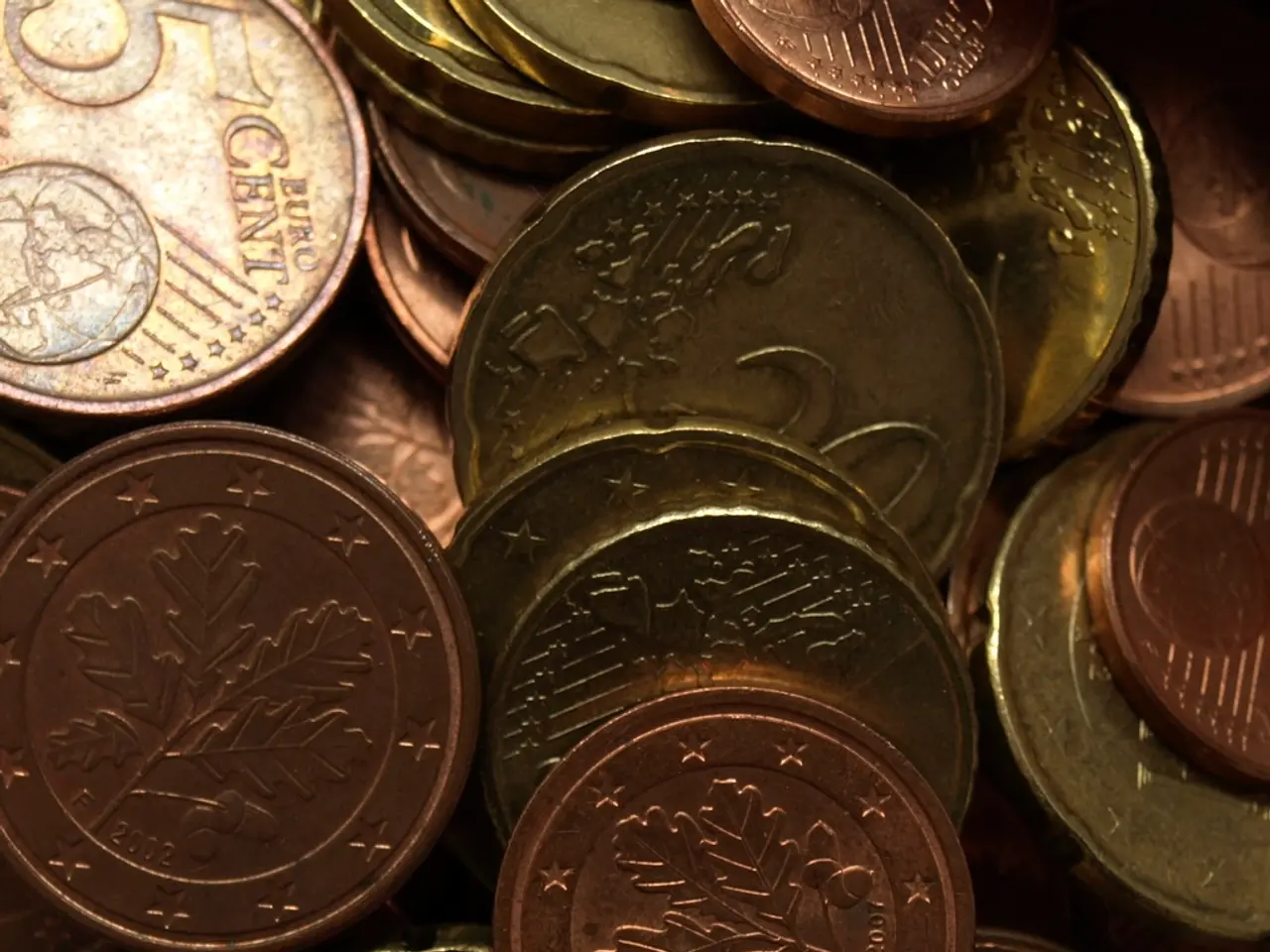Corporate sponsorship defended by UK museums amidst persistent criticism
Title: Defending the Corporate Ties of UK's Cultural Giants: A Controversial Stand
In the ever-evolving landscape of arts and culture, a group of UK officials overseeing prestigious institutions, including the British Museum, the Victoria and Albert Museum, and the National Gallery, have found themselves embroiled in a heated debate. Their sin? Accepting funding from corporate sponsors—a practice that has sparked widespread criticism from activist groups.
Recently, a letter published in the Financial Times, signed by influential figures like Alistair Spalding and Britannia Morton, co-chief executives of Sadler's Wells Theatre, aims to squash the mounting criticism. This letter, backed by ten organizations, including the Science Museum Group, calls for an end to the "relentless negativity" surrounding private sector partnerships.
The letter echoes a similar sentiment expressed a year prior, after protests over the sponsorship of literary festivals by Baillie Gifford, an investment firm under fire for its ties to fossil fuels and Israel. In 2023, nine festivals severed ties with the firm due to public pressure.
The letter argue that corporate partnerships are essential for cultural organizations to expand and vie for prestige. "Our museums, theatres, festivals and artists need to operate within the economic structures in which society operates," it declares.
Intriguingly, the Tate museum network noticeably abstained from signing this open letter, with its director, Maria Balshaw, recently opposing British Petroleum's £50 million sponsorship of the British Museum, deeming it out of step with public sentiment.
Digging deeper, the debate surrounding corporate sponsorship extends beyond ethical concerns related to funding sources. In 2019, the National Portrait Gallery in London declined a £1 million grant from the Sackler Trust, becoming one of the first major museums to shun funding from the American Pharmaceutical family following activist exposure of their connection to the US's opioid epidemic.
Moreover, the question of cultural and political control arises, with critics arguing that corporate sponsorship can lead to influence over public opinion and policy. Adding fuel to the fire, internal criticisms have emerged due to institutions partnering with companies that may have unpalatable political associations, such as the British Museum hosting an event related to Israel Independence Day, causing debates about impartiality and potential international relations damage.
Despite the controversy, the cultural institutions have adopted various strategies to defend their corporate ties. They highlight the vital role of financial support in ensuring free admission and funding large-scale projects. Additionally, they've signed open letters, aiming to shift public perception and foster a more favorable view of corporate involvement in the arts. Internal debates about the ethics of certain partnerships are also unfolding, as demonstrated by staff at the British Museum pushing for a cessation of relations with Israeli cultural institutions.
The war of words and actions is far from over. As these cultural titans grapple with ethical dilemmas and public scrutiny, the future of corporate sponsorship in the UK's arts and culture scene remains unclear. One thing is certain—these institutions will continue to tread a delicate line between artistic freedom and ethical responsibility, aiming to deliver cultural experiences that meet the diverse needs and expectations of the public.
The co-chief executives of Sadler's Wells Theatre, along with ten other organizations, penned a letter in defense of private sector partnerships in the arts, arguing that these partnerships are necessary for cultural organizations to grow and compete for prestige. Meanwhile, the Tate museum network, particularly its director Maria Balshaw, has been vocal about ethical concerns related to funding sources, as seen in the rejection of British Petroleum's sponsorship by the British Museum. As the debate over corporate sponsorship continues, cultural institutions are employing various strategies to maintain their funding while addressing ethical dilemmas, including internal debates and signing open letters to shift public perception. A collector of cultural prestige, in the form of museums, galleries, and arts, finds themselves caught between the artist's need for finance from businesses and the concerns of activist groups and the public.




